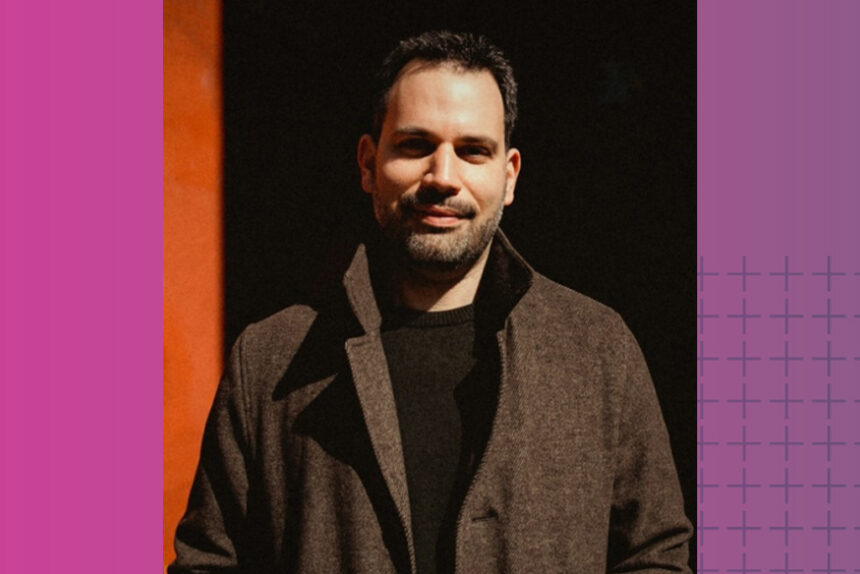Hopelab, which describes itself as “a social innovation lab and investor at the intersection of technology and youth mental health,” tapped well-regarded comms and political vet Juan Martinez as head of strategic communications. In his new role, Martinez has been charged with advancing Hopelab’s efforts to create a more equitable world in which young people aren’t unduly burdened by barriers to their mental well-being.
Martinez joins the organization from the NAACP Legal Defense and Educational Fund, where he served as chief communications and marketing officer. Prior to that, he worked for GLSEN, Sesame Workshop and the Bill & Melinda Gates Foundation. He also served as press secretary for Massachusetts Governor Deval Patrick.
“Hopelab is a bit of a unicorn. In the youth mental health and emerging technology space, we invest, collaborate to build tools, lead research and catalyze partnerships, shape policy and center youth, especially LGTBQ+ and teens and young adults of color,” said Hopelab president and CEO Margaret Laws in a statement. “So we were looking for a Chief Communications Unicorn of sorts. And, amazingly, we found it in Juan.”
According to the statement, Martinez’s longtime commitment to working on issues that improve the lives of the people and communities around him was fueled by his time growing up in the housing projects of the South Bronx.
“I’m honored to join the Hopelab team and to work on the important intersection of mental health and technology, especially with our focus on BIPOC and LGBTQ+ youth,” Martinez said in the statement. “Hopelab has 20 years of experience making life better for young people and is perfectly positioned to leverage its expertise in investing, research, design and technology to directly confront the ongoing youth mental health crisis while centering our priority communities in the process.”
In the months ahead, the organization’s Hopelab Ventures arm is set to grow its advisory services offering as well as and its co-investments with companies and groups attempting to make mental health more accessible, equitable and effective.








